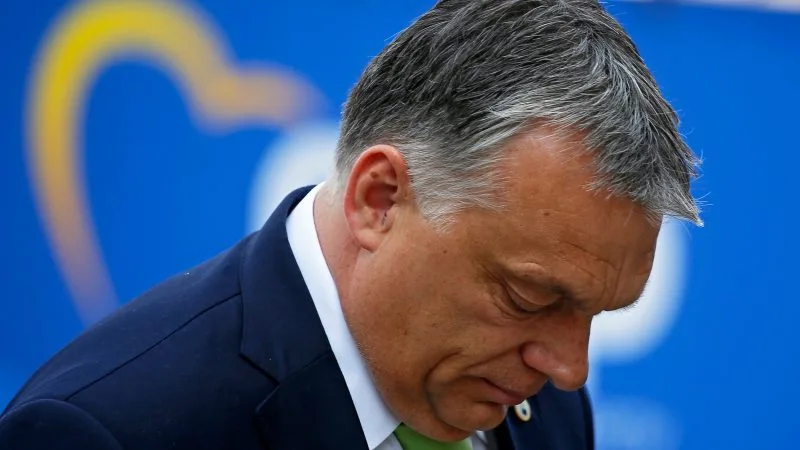Brussels –Hungary’s sovereignty office is contrary to European Union law and breaches the rule of law. The European Commission rejected Hungary and launched infringement proceedings for a measure considered incompatible with EU norms, principles, and values. In the crosshairs is the Law on the Defense of National Sovereignty, which the Hungarian Parliament adopted on December 12, 2023, and that entered into force on December 22, 2023.
The law establishes the so-called Office for the Defense of Sovereignty to investigate specific activities carried out in the interest of another state or a foreign body, organization, or individual if they violate or undermine Hungary’s sovereignty and organizations the funding of which may influence the outcome of elections or the will of voters. It also contains provisions and amendments to existing Hungarian legislation banning candidates, political parties, and associations from participating in elections, using foreign financing to influence or attempt to influence the will of voters, and punishing, under criminal law, the use of foreign financing in the context of elections.
After due diligence, the EU executive concluded that the law “violates several provisions of primary and secondary EU law” and is “in conflict with several fundamental rights” enshrined in the EU Charter of Fundamental Rights, such as the right to respect for private and family life, the right to protection of personal data, freedom of expression and information, freedom of association, and the electoral rights of EU citizens. The direct consequence, therefore is initiating the prosecution for the breach. The situation is not new: the constant reminders about the rule of law first led to an indictment with the activation of the sanction mechanism that can trigger the suspension of voting in the EU Council and the request to cancel the rotating presidency scheduled from July 1, 2024.
The Commission confirmed the hard, and uncompromising line, as the Financial Services Commissioner, Mairead McGuinness, during the Plenary debate on Ilaria Salis, the Italian schoolteacher detained in Hungary and at the center of controversy for her conditions. Balasz Ujvari, the European Commission’s spokesperson for budgetary matters, noted that, because of Hungary’s repeated violations, there are 21 billion euros of European funds blocked between the Recovery Plan (10.4 billion), Cohesion (5.3 billion), specific programs (2.6 billion) and other programs.
English version by the Translation Service of Withub



